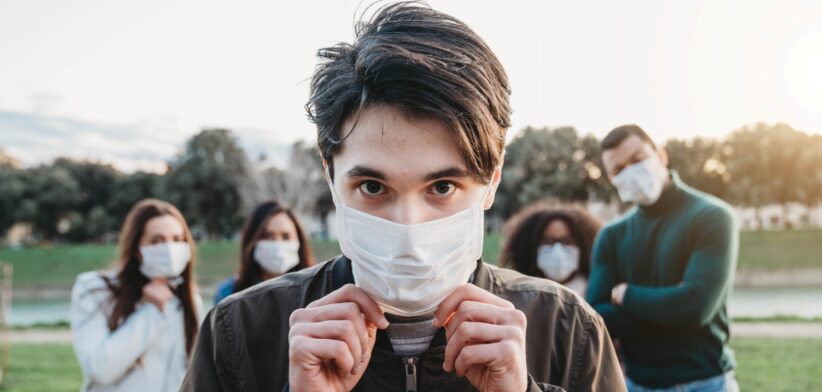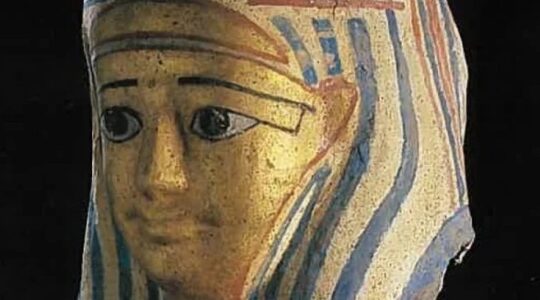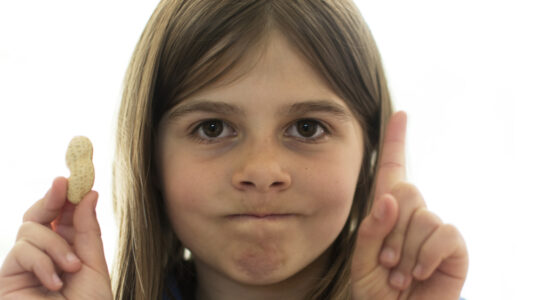A COVID infection can impact male sperm and lead to anxiety in offspring.
A new study on mice, by The Florey Institute of Neuroscience and Mental Health in Victoria found babies conceived after a father had been infected with the SARS-CoV-2 virus and developed COVID-19 symptoms had higher levels of anxiety-like behaviours.
Lead researcher Professor Anthony Hannan said the study suggested that COVID-19 could have long-lasting effects on future generations.
Professor Hannan said the changes noted were due to differences in non-coding RNA in sperm, which were involved in regulating how specific genes were expressed.
He said further studies were needed to understand if similar changes occurred in humans.
“We already knew that when male mice were exposed to specific environmental and lifestyle factors, like poor diet before mating, it could change brain development and behaviour in offspring.”
Professor Hannan said this was because the father’s experiences could alter the information carried in sperm, including specific RNA molecules, which transmitted instructions for offspring development.
Study co-author Dr Elizabeth Kleeman said the team wanted to see whether the COVID-19 virus would similarly affect sperm RNA and resulting offspring.
“We let male mice recover from SARS-CoV-2 infection for a few weeks before they mated with healthy females,” Dr Kleeman said.
“We found that the resulting offspring showed more anxious behaviours compared to offspring from uninfected fathers.”
She said all offspring from COVID-19-affected fathers displayed increased anxiety-like behaviours.
“Female offspring also had significant changes in specific gene activity in their brain’s hippocampus region, which is important for anxiety, depression and other affective behaviours.”
Read the full study: Paternal SARS-CoV-2 infection impacts sperm small noncoding RNAs and increases anxiety in offspring in a sex-dependent manner.








